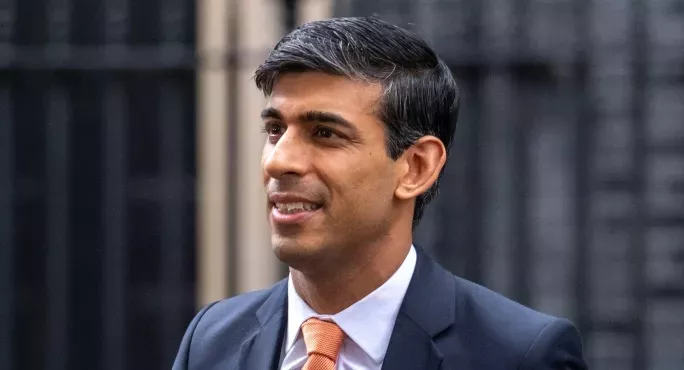More maths teachers will need to be trained and recruited in order to fulfil the prime minister’s high-profile goal for all children to study maths up to age 18, Rishi Sunak is set to acknowledge today.
Mr Sunak will also announce an expert-led review into how his plan can be carried out without making A-level maths compulsory.
The advisory group - comprising mathematicians, education leaders and business representatives - will look at what core maths content students will be required to study, and whether a new qualification will be needed.
According to the PA news agency, Mr Sunak will say: “We’ll need to recruit and train the maths teachers.
“We’ll need to work out how to harness technology to support them.
“And we’ll need to make sure this maths is additional to other subjects - not instead of them.”
The ‘maths to18’ plan was heavily criticised by education figures when it was announced in January due to the severe shortage of maths teachers that schools are already facing.
Almost half of secondaries are using non-maths specialists to teach the subject, research has suggested.
The issue has also been flagged by members of Sunak’s own party. Last month, the chair of the cross-party Commons Education Select Committee, Robin Walker, wrote to education secretary Gillian Keegan asking whether the plan would need more specialist teachers and how her department plans to recruit them.
At the time of writing, there were no details from No 10 on how the extra maths teachers would be recruited.
The prime minister is also today expected to commit to expanding maths hubs, where schools and colleges team up to support teaching of the subject and to introduce a new voluntary and fully-funded professional qualification for primary school maths teachers.
He will also criticise a “cultural sense that it’s OK to be bad at maths”, which is putting children “at a disadvantage” by failing to equip them with the analytical skills needed for the modern workplace.
And Mr Sunak is set to argue that maths attainment will help young people in their careers and grow the economy, saying: “We have to fundamentally change our education system so it gives our young people the knowledge and skills they need - and that our businesses need - to compete with the best in the world.”
Responding to Mr Sunak’s speech today, Geoff Barton, general secretary of the Association of School and College Leaders, said the “vague and poorly thought-out policy” was undermined by teacher shortages.
“There are not enough maths teachers to deliver even the existing requirements let alone extend maths to every pupil to the age of 18,” he said.
The announcement “seems like an attempt to divert attention away from” the ongoing wave of teacher strikes, he said.
The purpose of the policy was “puzzling”, he added, given that maths is already the most popular A-level subject and that students who do not pass GCSE maths with at least a grade 4 are already required to continue to study the subject in post-16 education.
Labour also criticised what it described as Sunak’s “empty pledge”, with shadow education secretary Bridget Phillipson saying: “Once again, the prime minister needs to show his working: he cannot deliver this reheated, empty pledge without more maths teachers.
“But after 13 years of failing our children, the Tory government repeatedly misses their target for new maths teachers, with maths attainment gaps widening and existing teachers leaving in their droves.
Labour would invest in “thousands more teachers, including maths teachers, by ending tax breaks for private schools”, she added.




